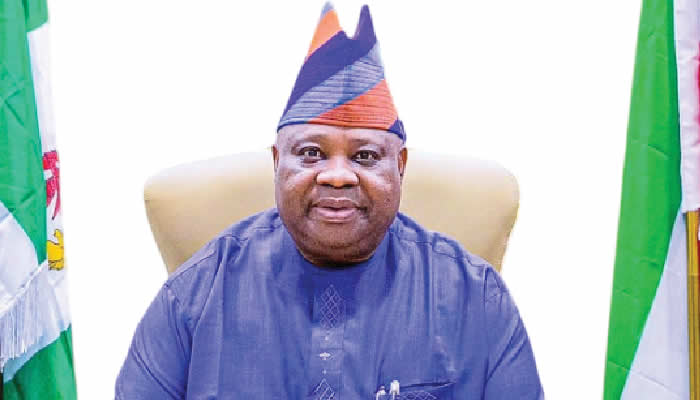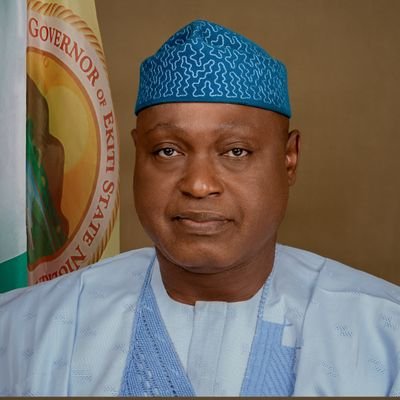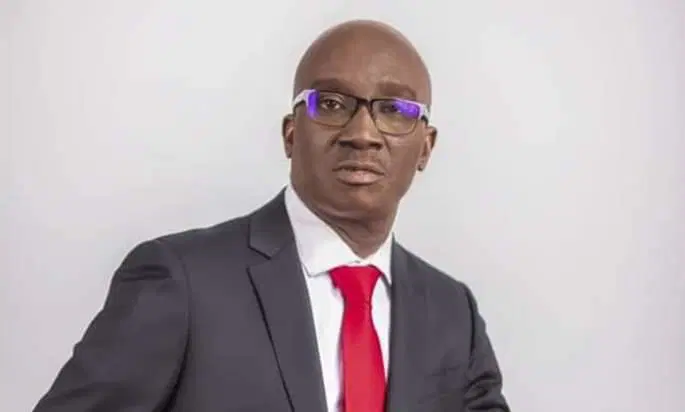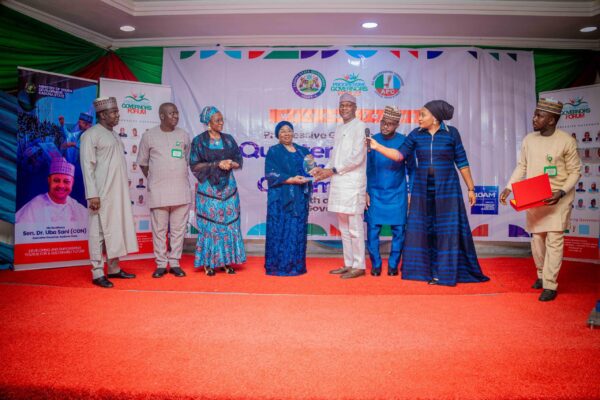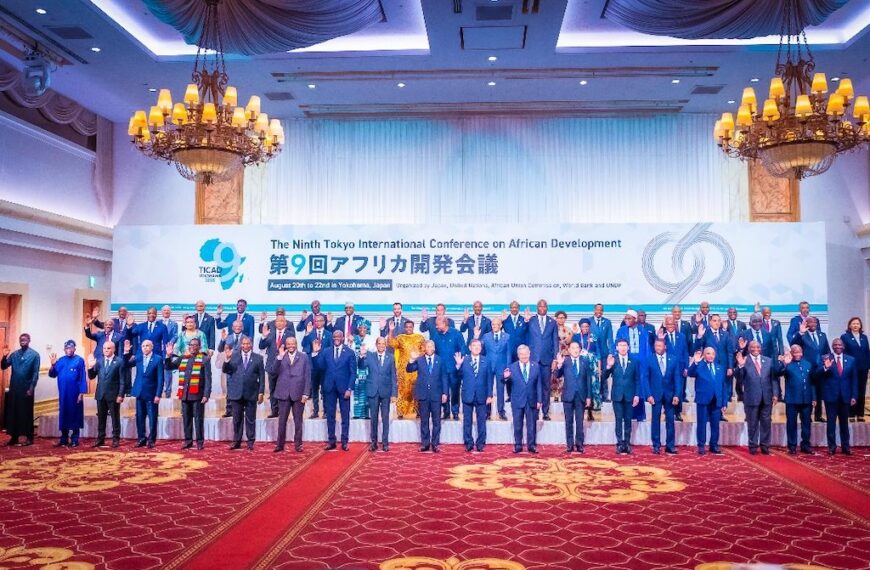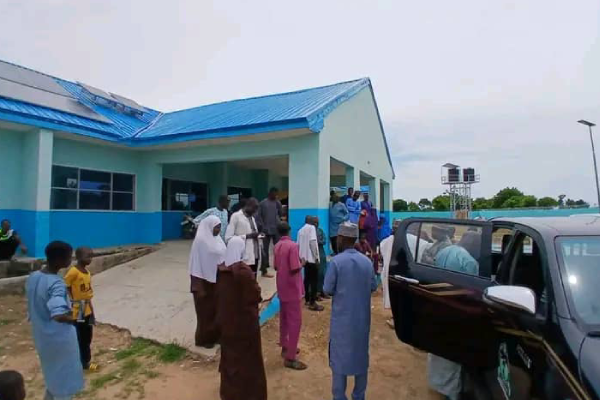The recent developments in Rivers State, involving Bola Tinubu, have sparked intense debate about the future of godfatherism in Nigerian politics. According to Omoyele Sowore, this move could signal the beginning of the end for godfatherism in the country.

Godfatherism, a phenomenon where influential politicians exert significant control over the political process, has been a longstanding feature of Nigerian politics. Since the return of democracy in 1999, godfathers have played a dominant role in shaping the country’s political landscape . Tinubu, himself a prominent godfather, has been instrumental in shaping Lagos State’s leadership for decades.
However, the situation in Rivers State suggests that Tinubu’s influence may be waning. His attempt to intervene in the state’s political affairs has been met with resistance, sparking a constitutional debate about the limits of his power . As Clarke noted, “the law by itself as of today did not provide (a constitutional right for Tinubu to intervene in State matters)” .
This development has significant implications for the future of godfatherism in Nigeria. If Tinubu’s influence is indeed declining, it could create space for new political actors to emerge and challenge the existing power structures. As Sowore suggested, this could signal the beginning of the end for godfatherism in the country.
While it is too early to predict the outcome of this development, one thing is clear: the dynamics of Nigerian politics are shifting. As the country continues to evolve, it is likely that new challenges and opportunities will emerge, shaping the future of its political landscape.

